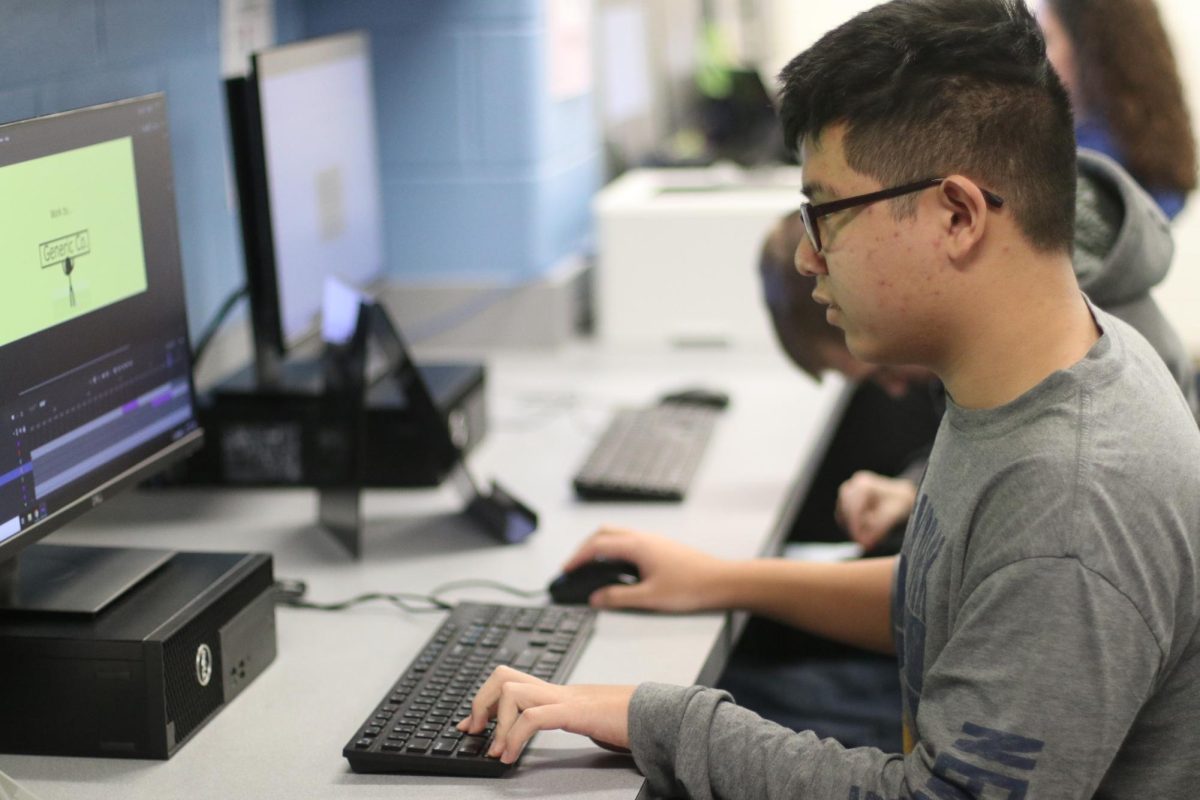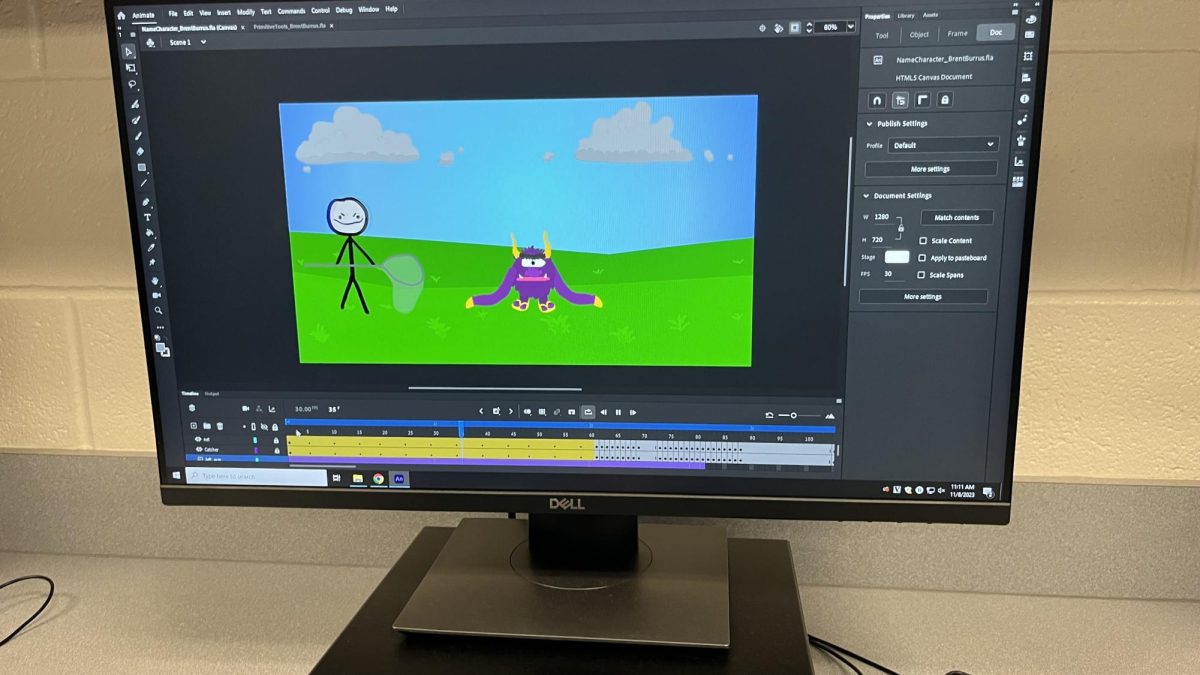Her head slams on the desks as her last ounce of strength gives out, her body unable to support the weight of the room. Eyelids weighing down as the classroom fades out of view, the teacher’s voice drowning out to the sweet lullaby of dreams. Darkness clouds out her vision only to be frighteningly awakened by the bell thrusting her back into a new classroom to start the cycle again.
Senioritis is defined as an affliction of students in their final year of high school or college, characterized by a decline in motivation or performance. As seniors begin the bulk of their first semester, senioritis begins to spread amongst the masses, decimating moral.
“Senioritis often times brings on a case of the tire eyed, and my heart just goes out to those seniors,” counselor Tamica Collard said. “It is a lot to carry on one person, but I am here to support the seniors in anyway I possibly can.”
Typical symptoms of senioritis include, but are not limited to, sleepiness, lack of motivation, repetitive nature, short term memory loss. If you find yourself experiencing these symptoms, please consult your counselor for further medical attention.
“Senioritis is whenever students, especially seniors, don’t feel like doing any work,” senior Tyler Bond said. “They feel like sleeping most of the time, and they really just want to graduate and get out of high school.”
Senior students afflicted by senioritis are typically focused on graduation and what their life holds beyond that. This longing for the future can prove to be a detriment to students academic performance.
“It has really affected me, my grades have dropped, my desires have diminished greatly,” senior Thomas Olson said. “I am about as ready as you can be to graduate. It’s been a long time coming and I’m ready.”
Senioritis can afflict students at any time so students should be adamant in achieving their goals. Some of the best solutions can be as simple as talking to friends, family, or a counselor.
“It can be quite cumbersome, and from time to time, I feel like we may all catch a case of senioritis,” Collard said. “Go and see your teacher, see your counselor. We are here to help and support the students.”

















